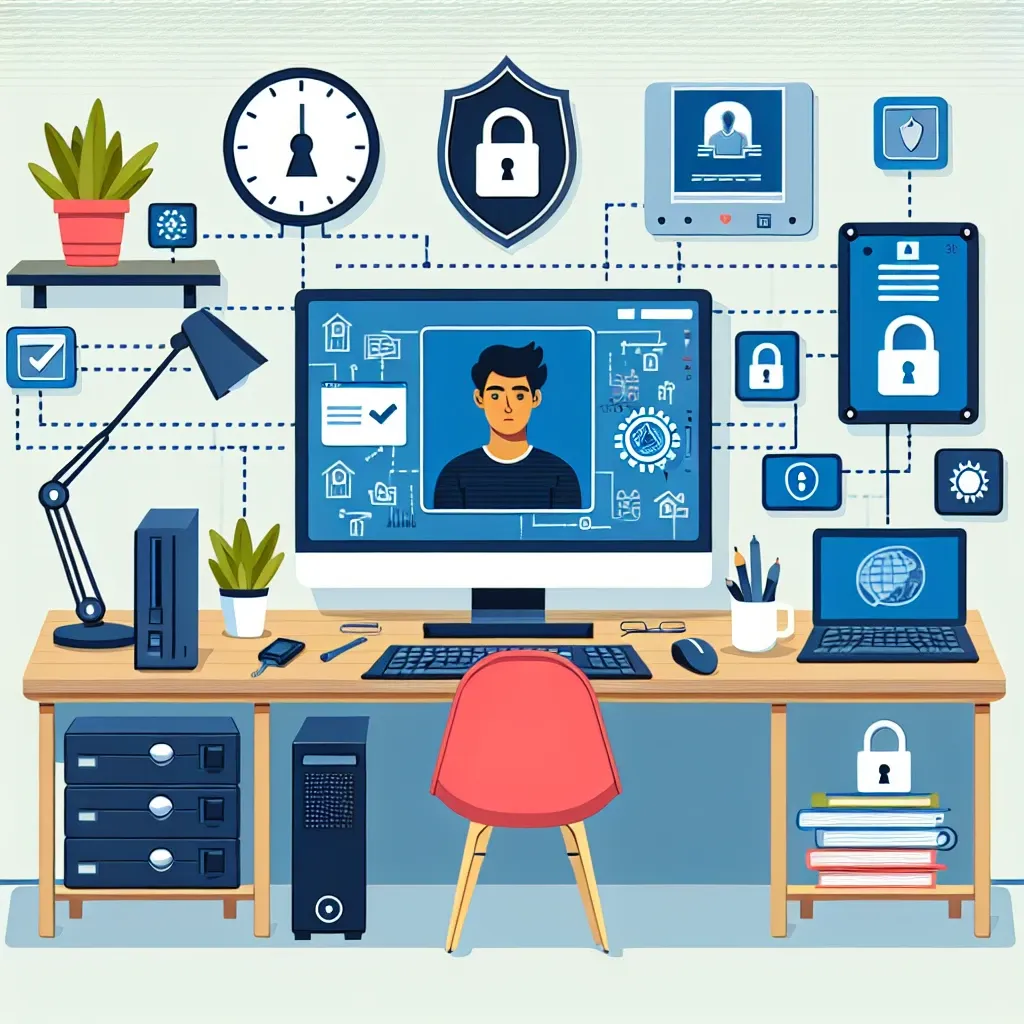As remote work becomes more prevalent in today's business landscape, understanding the significance of cybersecurity in this context is crucial. With employees accessing sensitive company information from various locations, the risk of cyber threats increases exponentially.
Understanding Cybersecurity in Remote Work
Cybersecurity is the practice of protecting systems, networks, and programs from digital attacks. In a remote working situation, employees often use personal devices and unsecured networks, making them vulnerable to such threats. Here are some key concepts to consider:
- Data Protection: Safeguarding sensitive data shared across devices and networks.
- Threat Awareness: Recognizing various cyber threats such as phishing, malware, and ransomware.
- Access Control: Implementing measures to prevent unauthorized access to company data.
The Importance of Cybersecurity in Remote Work
With remote work, teams may not be under the watchful eye of IT departments as they would in a traditional office setting. This shift necessitates a greater emphasis on cybersecurity protocols. Key reasons for this include:
- Increased Vulnerability: Remote work often leads to employees using personal devices that lack enterprise-level security protections.
- Remote Access Risks: Employees need secure access to internal systems, which can be exploited if not properly managed.
- Data Breaches: Increased chances of data breaches can jeopardize not only company security but also customer trust.
Best Practices for Enhancing Cybersecurity
To mitigate risks associated with remote work, organizations should implement the following best practices:
- Utilize VPNs: Virtual Private Networks (VPNs) can create secure connections for remote workers.
- Regular Software Updates: Ensuring all software, especially security software, is up to date to defend against new vulnerabilities.
- Employee Training: Regularly training employees on cybersecurity protocols and threat recognition.
- Multi-Factor Authentication (MFA): Implementing MFA adds an extra layer of security when accessing company resources.
Conclusion
In conclusion, addressing cybersecurity in remote work environments is essential for safeguarding sensitive information and maintaining business continuity. By adopting robust cybersecurity practices, companies can significantly reduce their exposure to cyber threats, ensuring a safer remote work experience for their employees.

